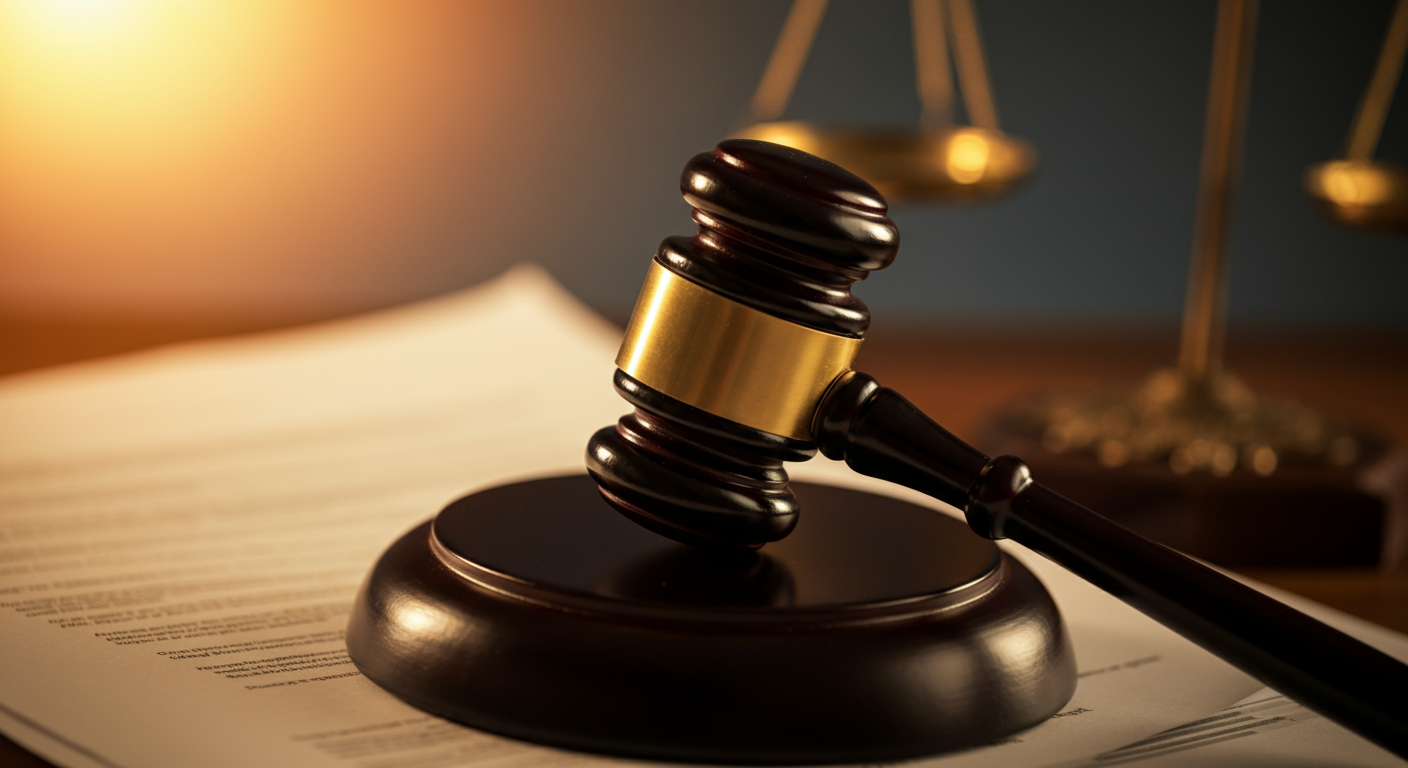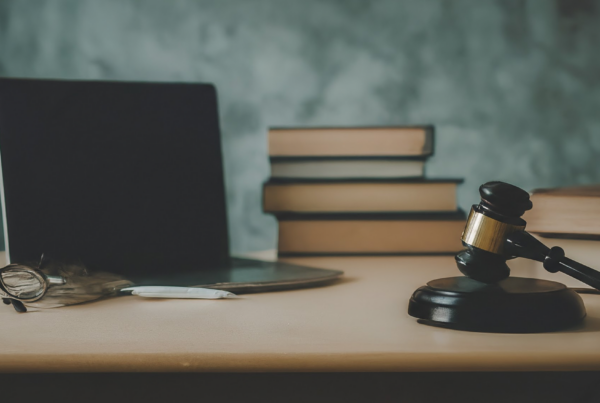In today’s fast-paced and highly competitive business environment, ensuring your commercial video programming aligns with legal standards is more crucial than ever. For businesses in the hospitality and entertainment sectors—such as casinos, restaurants, and bars—adhering to legal guidelines is not just about compliance; it’s about safeguarding your reputation and enhancing the customer experience. Welcome to the Commercial Video Programming Legal Guide, your essential resource for navigating the complex landscape of video programming laws and regulations.
Why does this matter to you? Because understanding the legal framework surrounding commercial video programming can mean the difference between seamless operations and costly legal battles. Whether you’re a multi-location organization seeking a centralized entertainment solution or a business aiming to create a more engaging atmosphere, this guide will equip you with the knowledge to protect your interests and elevate your service offerings.
At DLM Media, we understand the intricacies of legal compliance in video programming. Our expertise lies in delivering high-quality commercial entertainment solutions that not only entertain but also adhere to the stringent legal standards required in the industry. This guide will cover crucial aspects such as licensing requirements, copyright laws, and the importance of contracts and agreements, ensuring you have a comprehensive understanding of the legal landscape.
Prepare to delve into the world of business entertainment solutions where legal knowledge meets practical application. As we explore the key legal considerations, you’ll learn how to make informed decisions that align with your business goals and customer expectations. Stay tuned as we transition into the first section, where we’ll discuss the fundamental legal requirements every commercial video programming provider must know.
Understanding Copyright and Licensing in Video Programming
In the realm of commercial video programming, navigating copyright and licensing laws is crucial to avoid legal complications and ensure smooth operations. Businesses in the hospitality and entertainment industries, such as casinos, restaurants, and bars, must secure the proper licenses to protect their interests and maintain compliance. This section of the Commercial Video Programming Legal Guide will explore the intricacies of copyright and licensing, emphasizing the importance of intellectual property rights.
Securing the right licenses, such as synchronization and master use licenses, is essential for any commercial video programming provider. These licenses allow the use of music and other copyrighted materials in video productions, ensuring that businesses can legally distribute their content. Failure to obtain these licenses can lead to legal disputes, fines, and even the removal of content from platforms.
The Role of Copyright in Video Programming
Copyright is a legal framework that grants creators exclusive rights to their original works, including the reproduction, adaptation, and distribution of these works. In the context of video programming, copyright protects various elements such as scripts, music, and visual content. Understanding these rights is vital for businesses to ensure they are not infringing on the intellectual property of others.
For instance, using a popular song in a commercial video requires a synchronization license, which allows the music to be paired with visual media. Additionally, a master use license is necessary to use a specific recording of a song. These licenses can be obtained from music publishers and record labels, respectively. Without them, businesses risk facing legal action for copyright infringement.
Common Licensing Issues and Solutions
One common issue businesses face is the unauthorized use of copyrighted material, which can lead to significant legal challenges. To mitigate these risks, companies should conduct thorough research and secure the necessary licenses before using any third-party content. It’s also advisable to consult with legal experts who specialize in intellectual property law to navigate complex licensing agreements.
Another solution is to explore royalty-free music and stock footage options. These resources provide businesses with a wide array of content that can be used without the need for additional licensing. However, it’s essential to review the terms and conditions of these resources to ensure compliance with their usage policies.
Understanding Fair Use in Commercial Video Programming
Fair use is a legal doctrine that allows limited use of copyrighted material without obtaining permission from the rights holders. In commercial video programming, fair use can apply in scenarios such as criticism, commentary, news reporting, or educational purposes. However, determining fair use involves a case-by-case analysis of factors such as the purpose of use, the nature of the copyrighted work, the amount used, and the effect on the market value of the original work.
Businesses should exercise caution when relying on fair use, as misinterpretation can lead to legal disputes. Consulting with legal professionals and conducting a fair use analysis can help determine whether a particular use qualifies as fair use. By understanding and applying these principles, businesses can leverage copyrighted material while minimizing legal risks.
Contracts and Agreements in Video Production
In the dynamic world of commercial video programming, contracts and agreements play a pivotal role in ensuring smooth operations and protecting the interests of all parties involved. Whether you’re a business in the hospitality industry or a multi-location organization, understanding the intricacies of these legal documents is essential. Contracts not only outline responsibilities but also help prevent disputes, making them a cornerstone of any successful video production endeavor.
Having clear contracts is crucial for defining roles, timelines, and deliverables. They serve as a legal safeguard, ensuring that everyone involved is on the same page. This section of the Commercial Video Programming Legal Guide will delve into the essential elements of video production contracts, drawing insights from competitor content and highlighting common pitfalls to avoid.
Key Elements of Video Production Contracts
When drafting a video production contract, certain elements are non-negotiable. These include the scope of work, payment terms, and deadlines. A comprehensive contract should clearly define the services to be provided, the timeline for deliverables, and the payment schedule. This clarity helps prevent misunderstandings and ensures that all parties know what to expect.
Another critical component is the inclusion of talent releases and location agreements. Talent releases grant permission to use an individual’s likeness in your video, while location agreements secure the right to film in specific venues. These elements protect you from potential legal issues related to privacy and intellectual property rights.
Common Pitfalls and How to Avoid Them
One common pitfall in video production contracts is vague language. Ambiguities can lead to disputes, so it’s essential to use precise and clear terms. Avoid using jargon or complex legal language that may confuse parties involved. Instead, focus on straightforward language that clearly outlines expectations and responsibilities.
Another issue is the lack of a dispute resolution clause. Even with the best planning, disagreements can arise. Including a clause that specifies how conflicts will be resolved—whether through mediation, arbitration, or another method—can save time and resources in the long run.
Sample Contract Clauses and Templates
To assist you in drafting effective contracts, consider incorporating sample clauses or templates. For instance, a confidentiality clause can protect sensitive information shared during production. Similarly, an indemnification clause can shield you from liability if a third party sues over the content.
Templates can be a valuable resource, offering a starting point for your contracts. However, it’s crucial to customize them to fit the specific needs of your project. Tailoring templates ensures that all unique aspects of your production are covered, providing a comprehensive legal framework.
For more insights and resources on video production contracts, explore additional content on our website, DLM Media. Understanding these legal aspects is key to a successful video production process, aligning with your business goals and enhancing customer experience.
Compliance with Privacy and Data Protection Laws
In the realm of commercial video programming, adhering to privacy and data protection laws is not just a legal obligation but a crucial aspect of maintaining trust and credibility with your audience. As businesses in the hospitality and entertainment sectors increasingly rely on video content to engage customers, understanding and complying with regulations like the General Data Protection Regulation (GDPR) is essential. This section of the Commercial Video Programming Legal Guide will explore the significance of these laws and provide actionable insights for ensuring compliance.
Privacy breaches can have severe consequences, ranging from hefty fines to reputational damage. For instance, a well-known video streaming service faced a substantial penalty for failing to protect user data, highlighting the importance of robust data protection measures. To avoid such pitfalls, businesses must stay informed about the latest legal requirements and implement comprehensive data protection strategies.
The Impact of GDPR on Video Production
The GDPR, a landmark regulation in the European Union, has set a high standard for data protection worldwide. It mandates that businesses obtain explicit consent from individuals before collecting or processing their personal data. This regulation applies to all companies dealing with EU citizens, regardless of their location, making it a critical consideration for global video programming operations.
Compliance with GDPR involves several key steps, such as conducting data protection impact assessments, appointing a data protection officer, and ensuring data subjects can exercise their rights. Failure to comply can result in fines of up to 4% of annual global turnover or €20 million, whichever is higher. Therefore, understanding and implementing GDPR requirements is vital for businesses aiming to distribute video content internationally.
Privacy Breaches and Their Consequences
Privacy breaches can occur in various forms, from unauthorized access to personal data to improper data handling practices. A notable example is the data breach experienced by a major social media platform, which exposed millions of users’ information and led to significant financial and reputational repercussions.
To mitigate the risk of privacy breaches, businesses should implement strong encryption methods, conduct regular security audits, and establish clear data handling protocols. Additionally, training employees on data protection best practices can help prevent accidental breaches and ensure compliance with legal standards.
Ensuring Compliance with Privacy Laws
Ensuring compliance with privacy and data protection laws requires a proactive approach. Businesses should start by conducting a thorough audit of their data collection and processing activities to identify potential risks and areas for improvement. Implementing privacy by design principles, which integrate data protection into the development of new products and services, can also enhance compliance efforts.
Moreover, staying informed about changes in privacy regulations and seeking legal advice when necessary can help businesses navigate the complex legal landscape. By prioritizing data protection, companies can not only avoid legal penalties but also build trust with their customers, ultimately enhancing their brand reputation.
For more insights on navigating the legal landscape of commercial video programming, explore our comprehensive resources at DLM Media.
Key Takeaways for Legal Compliance in Video Programming
As you navigate the intricate world of commercial video programming, understanding and adhering to legal requirements is paramount. This journey through the Commercial Video Programming Legal Guide has highlighted the critical aspects of copyright, licensing, contracts, and privacy laws that every business should consider. By ensuring compliance, you not only protect your business from potential legal disputes but also enhance your brand’s reputation and customer trust.
Here are some essential points to remember:
- Licensing and Copyright: Secure the necessary synchronization and master use licenses for any copyrighted music or content you plan to use. This prevents legal complications and allows for seamless content distribution.
- Contracts and Agreements: Draft clear and comprehensive contracts outlining roles, timelines, and responsibilities. Include clauses for dispute resolution to handle any disagreements efficiently.
- Privacy and Data Protection: Adhere to regulations like GDPR to protect user data. Implement strong security measures and conduct regular audits to prevent breaches.
By integrating these practices into your video programming operations, you position your business for success in a legally compliant and ethically sound manner. For further guidance and resources, visit DLM Media, where we offer expert advice and solutions tailored to your industry needs.
Feel free to reach out to legal experts for personalized advice, and keep exploring our resources to stay updated on the latest trends and legal updates in commercial video programming. Your proactive approach to legal compliance will not only safeguard your business but also pave the way for sustainable growth and innovation.





